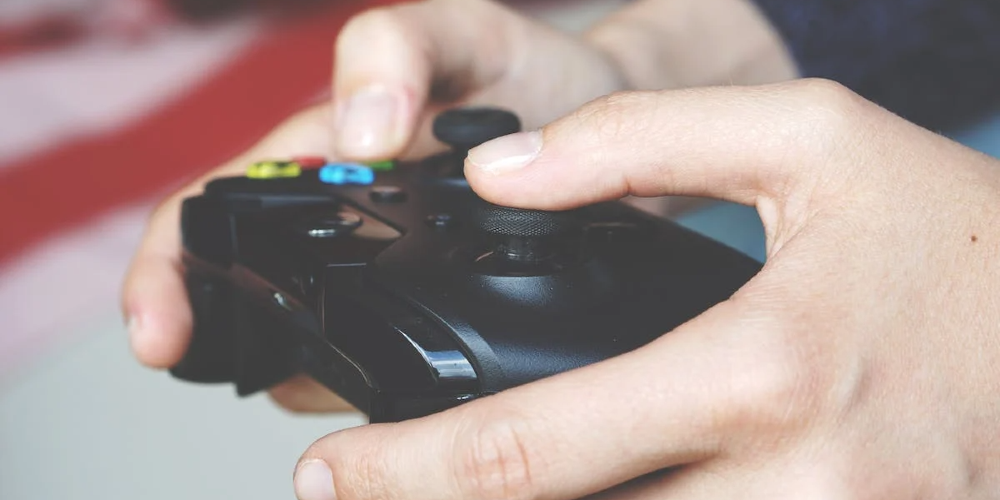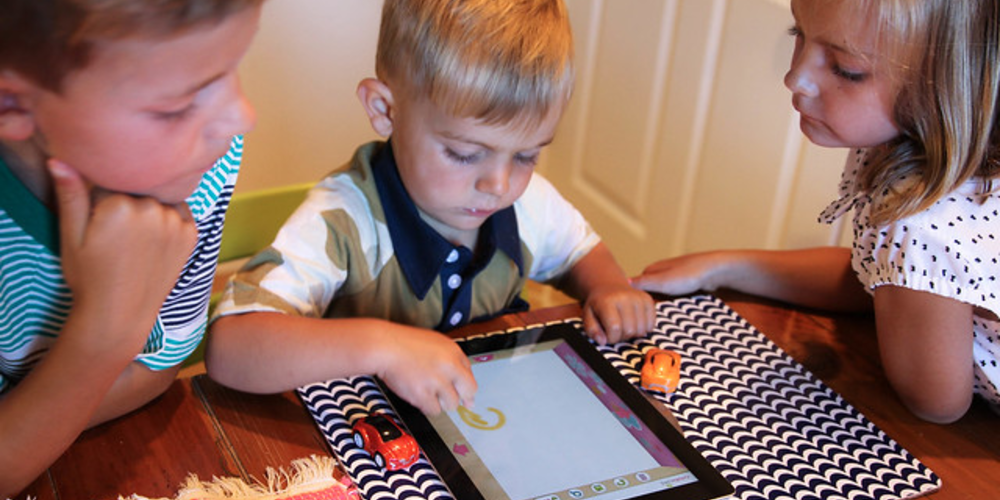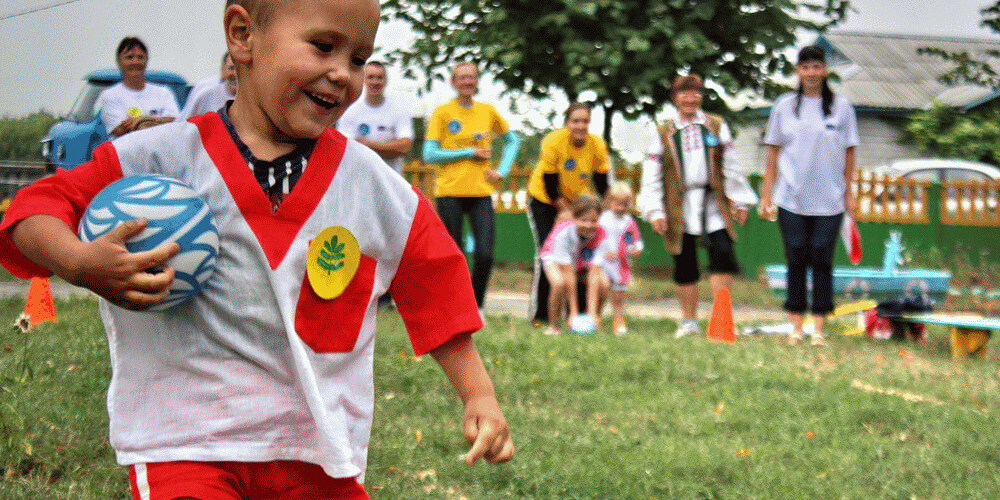Harmonizing Digital Play with Daily Life: Fostering Healthy Gaming Routines
- 2024-01-09 07:35

The digital age has brought about a plethora of entertainment options, and video games are at the forefront of this revolution. They offer immersive experiences, connect people across the globe, and even improve certain cognitive skills. However, as with any form of entertainment, it's crucial to maintain a balance. Striking a harmonious relationship between gaming and everyday responsibilities is especially important for children and teens, whose habits are still forming. This article aims to provide practical advice for parents and guardians to help their young ones develop healthy gaming habits.
The Digital Dilemma
As parents and guardians, it's natural to be concerned about the amount of time children spend in virtual worlds. Games are designed to be engaging, often encouraging players to spend long hours immersed in their digital environments. While playing video games can be integrated into a balanced lifestyle, spending too much time in front of screens is associated with several problems, such as sleep disturbances, decreased levels of physical exercise, and tension within interpersonal connections. The key lies in helping children balance their love for gaming with other aspects of their lives.
The Power of Limit Setting

Setting clear boundaries is the cornerstone of healthy gaming habits. Establishing fixed gaming times can prevent gaming from interfering with essential activities like homework, family time, and sleep. Craft a timetable that dedicates particular periods for gaming, making certain that these intervals do not overlap with other essential responsibilities. It's also helpful to agree on these limits together with your child, which can foster a sense of responsibility and self-regulation.
Encouraging Diverse Interests
Cultivating a variety of interests can naturally limit gaming time. Encourage your child to explore hobbies outside the digital realm, such as sports, reading, art, or music. Diverse activities not only reduce screen time but also contribute to a more well-rounded personal development. When a child has multiple hobbies they are passionate about, time spent gaming becomes just one part of a fulfilling day.
The Role of Physical Activity
Ensuring that gaming does not compromise physical fitness is essential for overall health and well-being. It's vital to promote consistent physical activity to offset the stationary aspect of gaming. This could involve participating in organized sports, enjoying family strolls, or engaging in yoga sessions. Making physical activity an integral and mandatory part of your child's daily life not only fosters a healthy lifestyle but also mitigates the negative effects associated with prolonged sitting during video game play.
Fostering Social Connections

While gaming can be a social activity, it's crucial to maintain a variety of social interactions. Encourage your child to spend time with friends and family outside of gaming. This can involve arranging playdates, participating in group activities, or simply having dinner together as a family. Socializing in different contexts helps children develop a more diverse set of social skills and prevents gaming from becoming their sole source of interaction.
Creating a Tech-Free Sanctuary
Establishing tech-free zones and times can provide much-needed breaks from the digital world. For instance, bedrooms can be designated as screen-free areas to promote better sleep hygiene. Similarly, setting aside time during meals for family conversations without the distraction of screens can strengthen family bonds and improve communication skills.
Monitoring Game Content
With the vast array of games available, it's important to be aware of the content your child is exposed to. Engage with your child about the games they play and take an interest in their gaming experiences. This not only helps you monitor the suitability of the games but also provides an opportunity for bonding. Discussing the themes and stories in games can also lead to valuable teachable moments and critical thinking about media consumption.
The Importance of Positive Reinforcement

Utilizing positive reinforcement can effectively encourage the development of healthy gaming habits. By recognizing and rewarding your child when they stick to the gaming schedule you've agreed upon and participate in different activities, you can motivate them towards balance. Rewards could be in the form of compliments, a little reward, or additional gaming time on the weekend. Such positive incentives can help children learn the importance of moderation and motivate them to maintain healthy habits.
Leading by Example
Children often mimic the behaviors of adults around them. If you want your child to adopt healthy gaming habits, it's important to lead by example. Demonstrate balanced technology use in your own life by having tech-free times, engaging in various hobbies, and prioritizing physical activity. When children see their role models embracing a balanced lifestyle, they're more likely to follow suit.
The Quest for Balance
In the quest to achieve a healthy balance between gaming and life, the role of parents and guardians is indispensable. By setting clear boundaries, encouraging a wide range of activities, and leading by example, you can help your child develop a sustainable and rewarding relationship with gaming. It's about fostering an environment where gaming is a part of life, not the entirety of it. With these strategies in place, children can enjoy the benefits of gaming while growing into well-rounded individuals with a rich tapestry of interests and connections. Remember, the goal isn't to eliminate gaming but to ensure it complements a life filled with learning, growth, and meaningful relationships.





